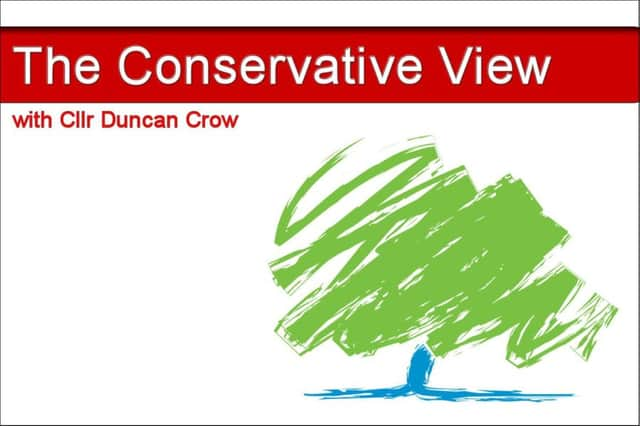Keeping a cap on heating costs


Not only our homes, but businesses and workplaces depend on reliable, affordable power and the Conservatives Government is ambitious in its plans to keep costs as low as possible over the coming decades. Significant steps are already being taken to upgrade our energy infrastructure as part of the Government’s Industrial Strategy and draft legislation has been published to cap poor value energy tariffs that will help millions of consumers.
To help keep costs down for some of the most vulnerable households, a price cap has been introduced for prepayment customers, which is expected to reduce their costs by around £300 million a year in total. Previously, the cheapest available prepayment deals were £260 to £320 a year more expensive than those available for households paying by direct debit. I’m pleased this extreme disparity is being ended. Plans have also been published to introduce a cap on tariffs to ensure an end to rip-off energy prices. The Bill will provide for Ofgem to set a cap, or ‘safeguard tariff’ on the Standard Variable Tariffs that 60% of us are on.
Advertisement
Hide AdAdvertisement
Hide AdAnother positive step is the rolling out of smart meters to all customers by 2020. This will enable us to use energy more efficiently and avoid expensive peaks. As a result of smart meter roll-out, across all households, energy bills are projected to be £300 million lower in 2020 than they would have been without smart meters. The saving are projected to rise to £1.2 billion a year by 2030.
Helping to keep energy as affordable as possible for the long-term as well as for the upcoming winter is a key policy for helping the most vulnerable.